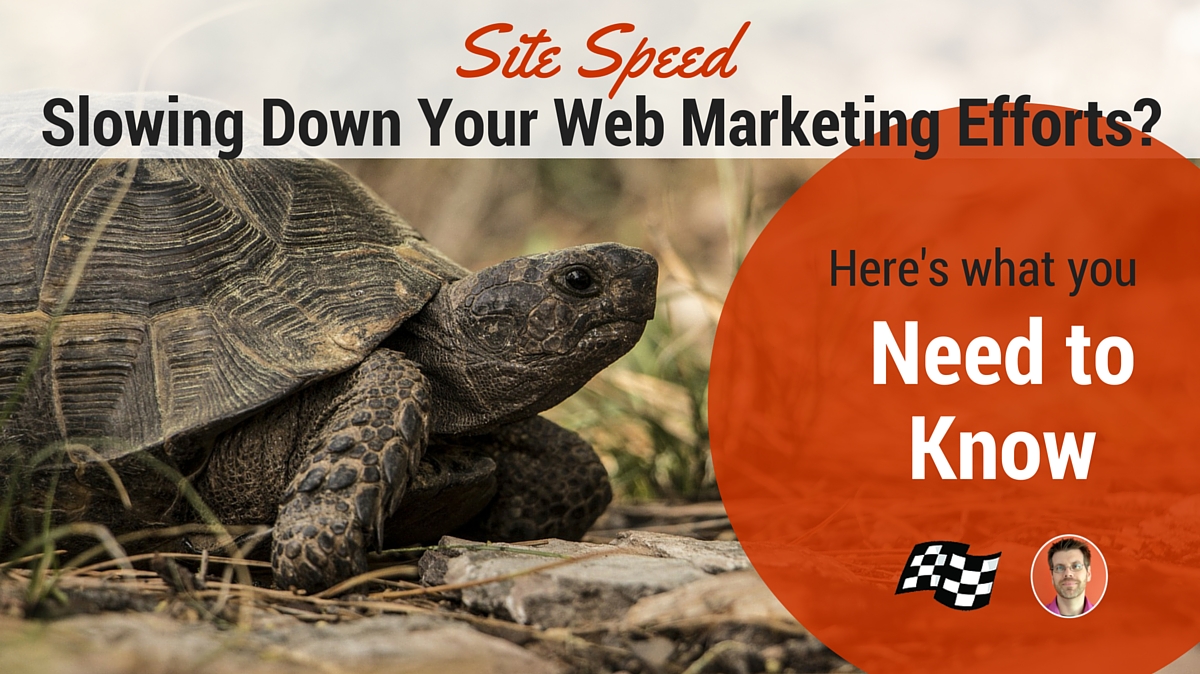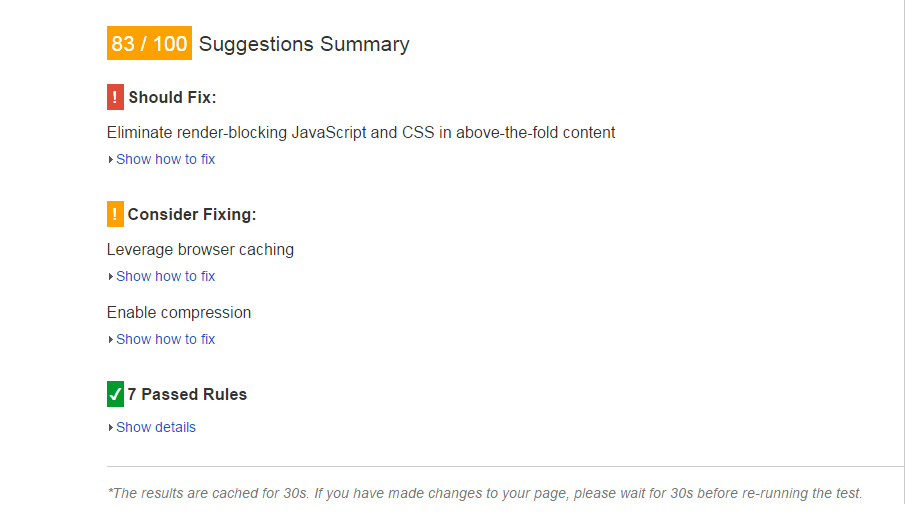
Site load speed has become an important part of the website optimization processes. Unlike certain scaling issues, such as site authority or on-page optimization, load speed is probably best viewed as a yes/no factor. Either your site is fast enough or it’s not.
If your site falls into the yes category, then incremental improvements in speed aren’t going to net you much, if any, improvement. However, if your site falls into the no category, you’re likely going to see that negatively impact your exposure in search results–especially via mobile devices.
Slow And Steady Does NOT Win This Race
Remember, the primary goal of search engines is to deliver results that give their searchers the best solutions for their query. These solutions aren’t just about whether the content matches the query (though that is a hugely significant factor). It’s also about the experience that the searcher will have on any site that the search engine points them to.
And that’s where site speed comes into play. Neither Google or Bing are interested in sending their searchers to slow loading sites. Even those that perfectly match the search criteria.
Why? Because slow loading sites frustrate web searchers. Yes, even those sites that perfectly match the search criteria.
One of the main reasons for this is that most people don’t stick around slow loading sites long enough to even know if it’s a good match. They’d rather move on to a less relevant match that loads fast than waste time trying to determine if the slow loading site they are on will, in fact, serve their purposes.
Quick Speed Wins
[inlinetweet prefix=”” tweeter=”” suffix=”@StoneyD”]Increasing site speed isn’t that difficult, and there are some quick wins you can apply[/inlinetweet]:
- Optimize images using proper formatting, file type and compression.
- Leverage browser caching so repeat visitors can pull open your site more quickly.
- Minify CSS and JavaScript, reducing the load time for these master resources.
- Enable compression to reduce the number of bytes being sent over the network.
The good news in all of this is that you don’t have to keep tweaking and tweaking for incremental speed improvement. Go for these big wins that will push you past that yes/no threshold and you’re pretty much good to go.
Is Your Site Fast Enough? Ask Google!
What is that threshold? We don’t know for sure. If the delay to load any page on your site is noticeable, then you’re probably below that threshold and some changes are needed. You should run your site through Google Page Speed Insights. If you have a score over the 80 (of 100) mark and have no critical issues you’re probably pretty safe.

It never hurts to improve and get as close to 100/100 as you can, but at that point your optimization time might be better spent on other things.
